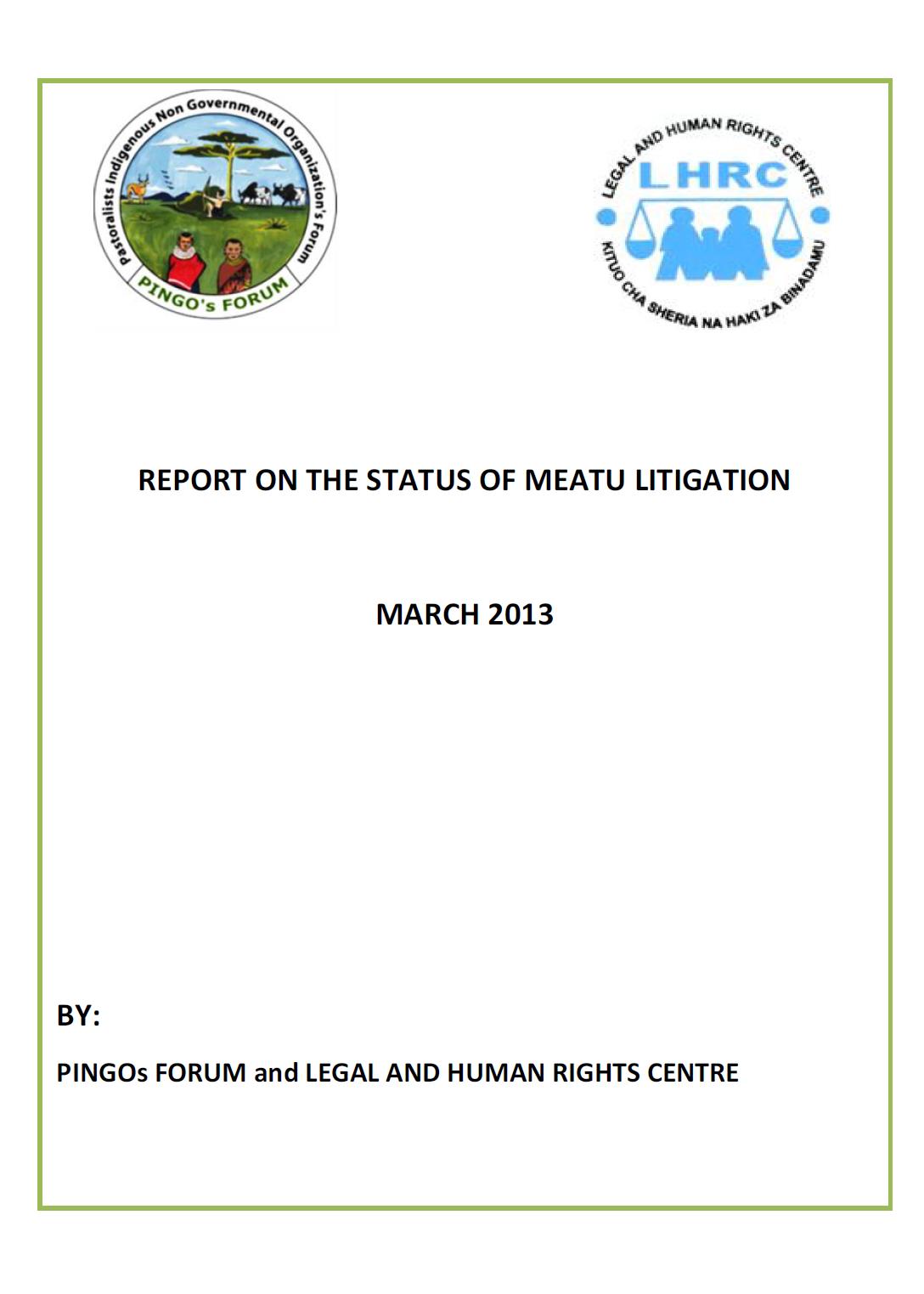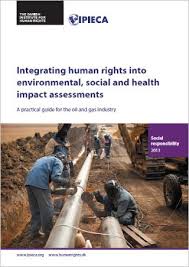Kabul : Urban Land in Crisis
Afghanistan is one of the poorest and
longest suffering countries among members of the World Bank,
and has been ravaged by chronic conflict and political
instability. Afghanistan's infrastructure has been
destroyed or degraded; its human resource base severely
depleted; and its social capital eroded. Despite existing
public administration structures, the majority of state
institutions are only beginning to function effectively, and





